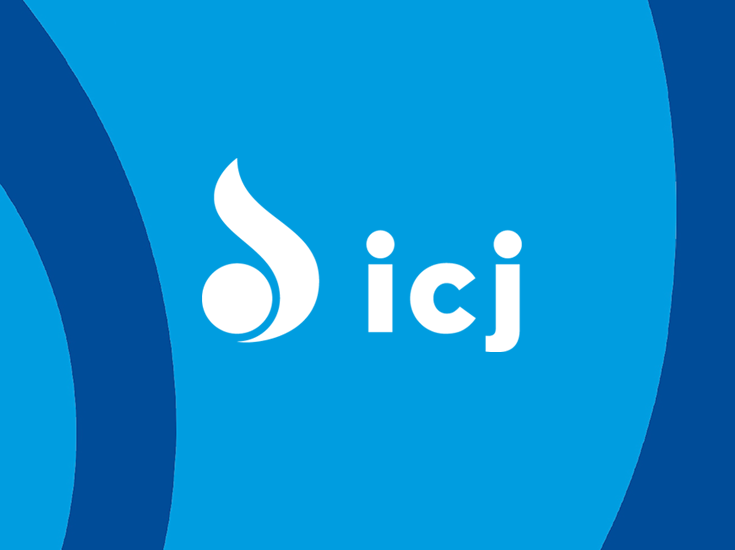On 28 October, the International Commission of Jurists participated in the informal private briefing by NGOs during the 91st Pre-sessional Working Group for the Committee on the Elimination of Discrimination Against Women (CEDAW) on Libya.
During such briefings, the Working Group invites representatives of national and international NGOs to provide country-specific information on issues relevant to the implementation of the Convention on the Elimination of Discrimination Against Women. This assists the Working Group in preparing its list of issues for States Parties scheduled to be reviewed two sessions later. The list of issues includes questions, requests for updates on new laws, institutions, policies and programmes, and ratifications of human rights instruments.
In our statement on Libya, we stressed the need for the Libyan authorities to integrate gender justice in transitional justice processes, and to ensure women have access to justice for sexual and gender-based crimes. See the statement below:
“Thank you Chair,
The International Commission of Jurists (ICJ) is profoundly concerned by women’s lack of access to justice for sexual and gender-based crimes (SGBC), which are widespread in Libya today.
Victims and survivors often decline to lodge complaints because they fear the ensuing stigma. Family members can pressure them not to file, or to withdraw their complaint, or, in the case of rape, to marry their rapist, consistent with article 424 of the Penal Code, so as not to “sully” the family’s “honour”. The absence of protective measures, and retaliation against victims and survivors of SGBC put them at risk and further dissuade them from lodging complaints.
Only the most violent cases of SGBC – often involving adult male perpetrators and child victims or instances where SGBC victims are killed by their assailants – are ever prosecuted. And even then, sentences are rarely commensurate with the gravity of the offence, and the courts struggle to ensure that powerful perpetrators actually serve their punishment. In addition, oftentimes, instead of prosecuting her aggressor, the authorities charge the victim/survivor with zina (extramarital sexual relations) or “prostitution”. Migrant, refugee and asylum-seeking female victims/survivors are further charged with “illegal” entry and/or stay in the country. The prosecuting authorities appear to proceed only in cases where forensic evidence of SGBC is available
Law enforcement officials, prosecutors and judges are not offered sufficient training on how to investigate, prosecute, try and adjudicate SGBC in line with international human rights law and standards.
In the context of the armed conflict raging in the country, the Libyan authorities and non-State actors resort to sexual violence and other forms of gender-based violence to silence journalists, detainees, migrants and women, among others, and commit SGBC with complete impunity.
As the House of Representatives is about to examine a Draft Reconciliation Law, which, if adopted, would establish a new transitional justice framework, including a criminal accountability mechanism, the ICJ stresses the need for any transitional justice process to be comprehensive and gender-sensitive. Any transitional justice mechanism established should account for the specific experiences of women, ensuring their voices be central to the design and implementation of such processes. It should serve as a transformative tool to eradicate the root causes of gender-based discrimination entrenched in Libyan society and in the country’s laws, as our colleagues at Libya Crimes Watch have highlighted. The transitional justice process should address gender-based violence, discrimination and other forms of systemic inequality faced by women in Libya.
We urge the Committee to include in the list of issues relating to Libya inquiries about how the Libyan authorities address legal and practical challenges to women’s access to justice for SGBC. Furthermore, Libya should explain how it aims to ensure the full participation of women and integrate gender justice in transitional justice processes.
Thank you.”
Contact
Said Benarbia, Director, ICJ Middle East and North Africa Program; t: +41 22 979 3817, e: said.benarbia(a)icj.org
Nour Al Hajj, Communications & Advocacy Officer, ICJ Middle East and North Africa Program; e: nour.alhajj(a)icj.org





